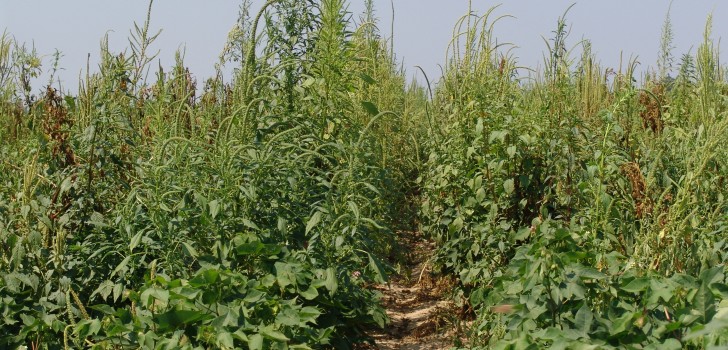Louisiana has a serious weed issue, as a rapidly spreading invasive species that has been plaguing Louisiana farms since 2010 has recently become resistant to many common herbicides. The Palmer Amaranth plant, or pigweed as it’s known, isn’t just a nuisance: It putting a major dent in the pockets of farmers.
The weed harms corn, cotton, soybeans, and other crops. Few herbicides remain effective against the weeds, and farmers are desperately searching for ways to combat the pesky plants.
Louisiana Department of Agriculture and Forestry Commissioner Mike Strain said, “One of the best methods of control is to prevent the introduction of the seeds on a farm so the plant does not get a foothold. This can be done by cleaning equipment before moving it between fields and ensuring custom harvesters are thoroughly cleaning their equipment before entering a new farm.”
The pigweeds are able to transfer their pollen to other pigweeds over incredibly far distances. The pollen is also resistant to most herbicides, such as Monsanto’s Roundup, making it difficult to stop its spread.
Pigweed has for far been found in Mississippi and Tennessee as well.
Preventing the spread of these weeds has become the main objective. As Strain said, it is very important that farmers clean their equipment thoroughly. From there, it is advisable to use a few different herbicides that remain effective against the weed, alternating between their usages. By alternating between different herbicides, the weeds are less likely to develop immunities, at least for the moment.
Stay Connected